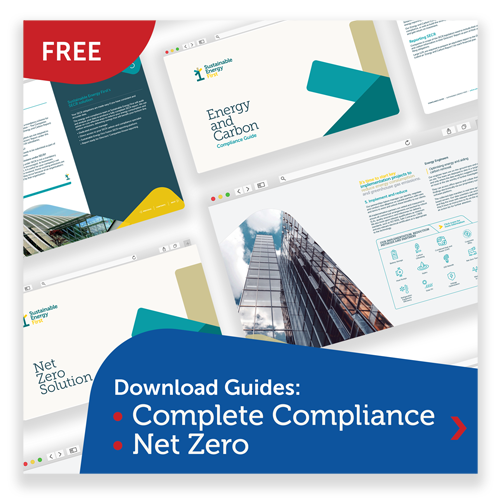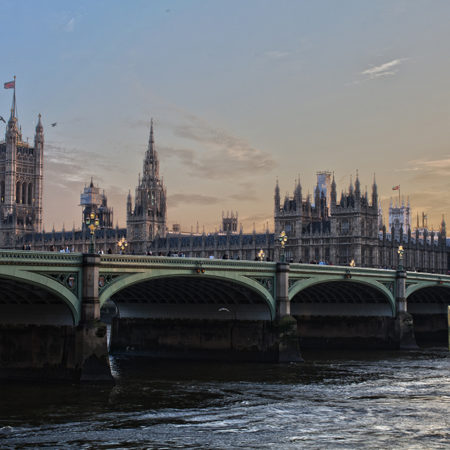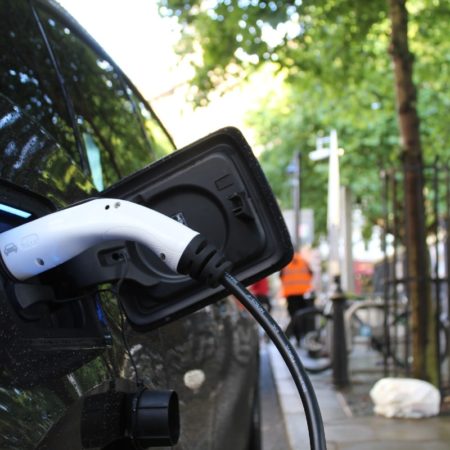Climate risk disclosure, signals suggest, is of key importance for big business. But overall performance may not yet be up to par.
Every large corporate is more than familiar with the balancing act required to keep investors onside. But while this used to be solely about profit, now elements like climate risk, performance, divestment and environmental and social governance are coming to the fore.
Such tools have a vital role to play in both guiding and proving firms’ low carbon, and indeed net zero credentials, and by so doing evidencing their future profitability and environmental awareness.
So why does progress seem lacking on reporting?
Risk metrics not where they need to be
According to EDIE, just 1 in 10 UK businesses are assessing climate risk as a priority. A survey of more than 500 businesses has revealed that while three-quarters are concerned about climate-related risks, just one in ten consider measuring and disclosing their climate-related risks a priority.
The firms came from the UK’s largest sectors including finance, ICT, telecoms, the built environment, retail, manufacturing and hospitality and leisure.
When asked to detail the major barriers their business faced in accelerating climate risk assessment and disclosure, 72% said their board was framing climate change as a political issue and would like stronger policy supports for not only disclosure, but mitigation and adaptation.
More than four in five firms said current government support for the net zero transition is insufficient, with a similar proportion saying that they would welcome stricter climate regulation.
Getting risk reporting up and running
The challenge for big firms is that while government may move at its own pace, investors move far faster. Both individuals and investment firms are constantly assessing their portfolios and inaction on climate is going to carry a cost.
Evidence of this, in a timely manner, has just landed. The Guardian reports that a Nordic hedge fund worth more than $90bn (£68.6bn) has dumped its stocks in some of the world’s biggest oil companies and miners responsible for lobbying against climate action.
Storebrand, the Norwegian asset manager, divested from miner Rio Tinto as well as US oil giants ExxonMobil and Chevron as part of a new climate policy targeting companies that use their political clout to block green policies.

Storebrand will also divest from German chemicals company BASF and US electricity supplier Southern Company for lobbying against climate regulation, and a string of companies that derive more than 5% of their revenues from coal or oil sands.
Now, this is the thick end of divestment; direct action against fossil fuel or chemical giants. But what happens if at the thinner end, proof comes to light that a certain firm is buying from a supplier, like BASF? Or obtaining energy to run its operations from fossil firms which lobby against the climate crisis?
The answer is that divestment and ill repute continue down and across supply chains and reputations. Simply not working directly in fossil fuels is no insulation against risk.
The thick end of the wedge
The points we’ve noted above hopefully don’t apply to progressive businesses. They should already realise that by reacting to the climate crisis and examining their activities for ways to deliver paths to net zero, they are also future proofing against the risks of dwindling fossil fuels and scarcer supply chains caused by global warmings impacts, like adverse weather damaging food retail for example.
But it isn’t enough to simply be aware of these risks and sail solidly on a net zero path, this action must be demonstrated and reported to keep investors onside. Investors hold no quibbles with summarily dumping companies at a moment’s notice if risk or environmental performance look sketchy.
Yet EDIE says research has repeatedly highlighted the gap between stated ambitions and actions. A 2020 study from CDSB found that 78% of European corporates are failing to report climate-related risks to the degree expected by their key investors. The UK Government has said it will mandate TCFD-aligned disclosures for certain large organisations within three years, under its Green Finance Strategy.
But with the Brexit transition period’s end-date now in sight and with the mammoth task of shaping the nation’s post-Covid-19 recovery at the feet of policymakers, some are urging more clarity to help businesses prepare, alongside stricter requirements on which organisations are required to disclose.
Moreover, the Financial Reporting Council (FRC) recently launched a major review into the quality of how companies and auditors are reporting on climate change impacts and risks.
It all signals this; not only should big UK corporates be getting their house in order on net zero. They need to tell their story properly too, or risk investor support floating into hot air.























